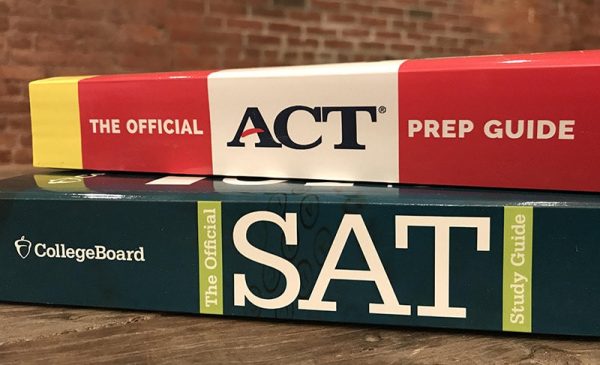Contention between Ukraine and Russia poses risk to geopolitical climate
During President Trump’s first meeting with Ukrainian President Volodymyr Zelenskiy at the United Nations last month, one remark by the U.S. president stood out to many Ukrainians.
“I really hope that you and President Putin get together and can solve your problem,” Trump said, to the Ukrainian president. “That would be a tremendous achievement. “
Since the beginning of March 2014, protests by Russian-backed anti-government groups took place in the Donetsk and Luhansk oblasts Ukraine, in the aftermath of the 2014 Ukrainian revolution. These demonstrations, which followed the annexation of Crimea by the Russian Federation and which were part of a wider group of pro-Russian protests across southern and eastern Ukraine are partly responsible for the war. The war is still ongoing and prevalent in those areas.
The idea of making peace with Russia has persisted in the minds of many Ukrainians and in the administration of the country. Even since the annexation of Crimea from Ukraine, tensions have become sharper than ever. The newly elected president has recently signed a treaty with Russia that would entail moving the troops back from the area of Donbass.
“I feel like many people don’t care as much about war in Ukraine because they’re more centered around the impeachment scandal,” freshman Ryan Pembrook said. “Many people, including myself, don’t take the time out of our day to learn more about these things.”
Even though many people are oblivious to the situation going on, it is imperative to note that Russia is a key player in global politics and taking over the area of Ukraine. These actions may not only influence Ukraine itself, but might also change Russia’s conduct with the rest of the world due to closer proximity to Europe.
“I think it’s a good idea to make peace but it’s difficult when they are taking control of part of your land, I don’t know how you can have good relations with a country that has done that,” social science teacher Mark Cushing said. “It’s such a fine balance that it might be enough to disrupt the area and really cause problems.”
According to a National Public Radio article by Lucian Kim entitled, “After Trump Call, Ukraine’s Zelenskiy Gambles On Russia Peace Push Without U.S. Help” , although Zelenskiy’s approval ratings top 70%, Ukrainians’ attitudes toward Zelenskiy’s peace initiative are not positive. According to one recent survey by ratinggroup.ua, more than 60% of Ukranians have no clear-cut opinion on his plan, while 23% are opposed and 18% support it.
“It’s very sad what’s going on between Russia and Ukraine,” Pembrook said. “I think it’s possible that Russia may be motivated by money and keeping nationalism high in its people.”
A large portion of European countries have decided to stay passive or even side with Russia, such as France, Germany and Britain. Part of the reason is that Europe is dependent on Russia for natural resources. According to a Los Angeles Times article entitled, “Russian gas pipeline to Germany sows divisions in Europe and beyond” published by Sabra Ayres in June 25, 2019, the European Union already gets 50% of its gas supplies from Russia.
“It doesn’t make me happy that many European nations have taken a passive stance regarding the issue because it might send the message that if Russia does the same thing in the baltic states or in Finland or in poland, junior Justin Wytmar said. “It could serve as a green light to Putin that for him to continue with these activities.”
Russia is able to attack Ukraine partly due to the fact that it is neither an EU member nor a member of NATO.
“If Germany, for instance, tries to take a stance on the situation between Russia and Ukraine, Russia has leverage since it can shut off the pipelines that provide Europe with petroleum,” Cushing said. “It can really cause problems, and that’s why them moving and taking more land can disrupt that balance and cause major problems not only politically but economically as well.”
Russia’s motivations aren’t completely clear, but the country has been experiencing an abnormally high death rate, low birth rates and high immigration rates, according to thoughtco.com, that contribute to the population decline. This trend has gone on for the past decade, because of Russia’s decreasing workforce, it heavily depends on oil and other natural resources as one of its main profits. Donbass, the Eastern region of Ukraine, is known for its deposits of coal and some pundits like Vitaliy Portnikov speculate that this could be a motivation in the conflict.
Regardless of what Russia’s motivations might be signing treaties of peace with is an incredibly risky move that can have devastating consequences for Ukraine and other European nations.
“I think that it’s important not to make concessions to Russia,” Wytmar said. “I think It’s important that both Europe and Ukraine don’t allow Russia to feel like its in a position to take more land.”





